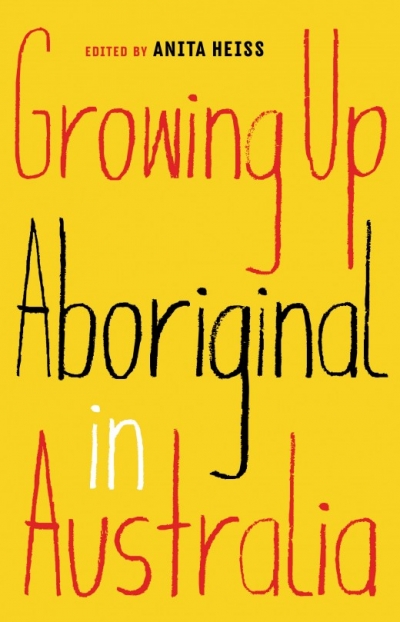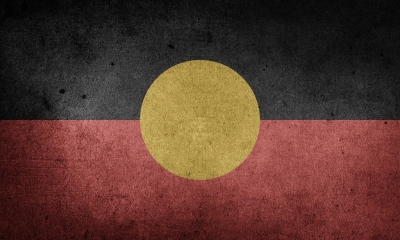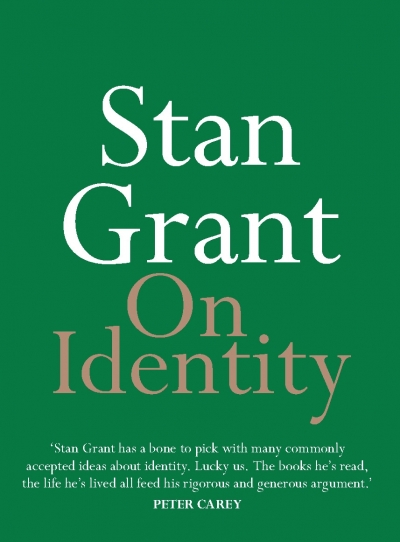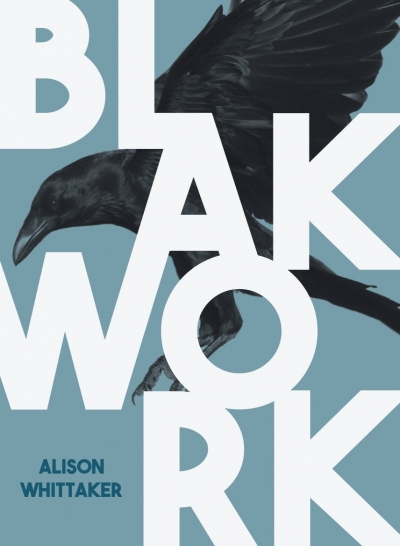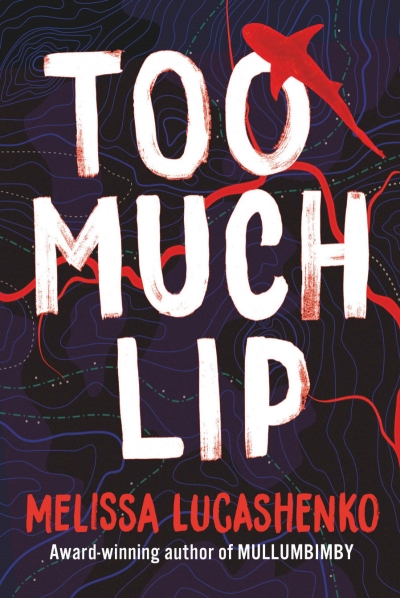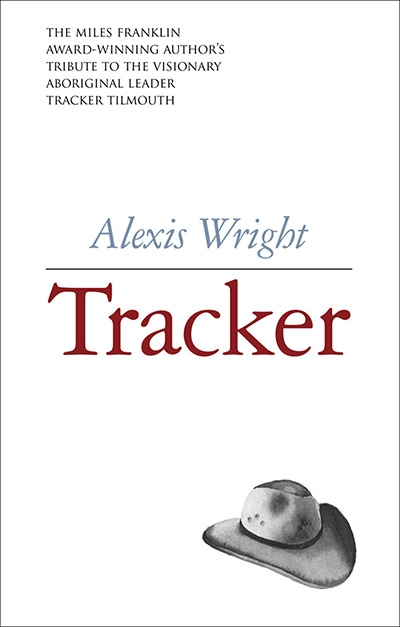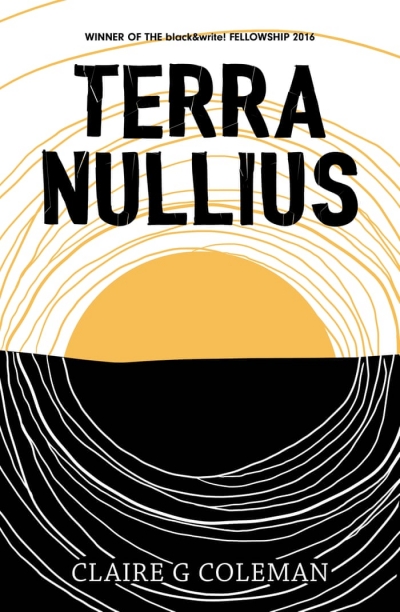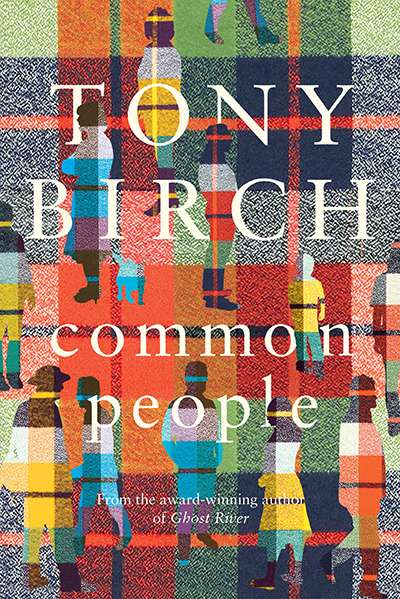Indigenous Writing
Authorised visits,
temporarily easing Grafton Correctional Centre blues,
a young girl walks shadow-hardened corridors to see a black inmate,
observe her little brown fingers
The late historian Patrick Wolfe did not pull any punches when he wrote that colonialism seeks to eliminate and replace the Indigenous cultures holding sovereignty over the lands and resources that colonisers wish to claim ...
... (read more)Australia remains alone among the settler colonies for its lack of treaties with First Nations. This is despite the fact that Aboriginal and Torres Strait Islander peoples in Australia have been calling for a treaty for decades – since at least the 1970s and then more forcefully during the Treaty ’88 Campaign ...
... (read more)It was a great moment in Australian history when William Cooper walked to the Australian parliament to object to the treatment of Jews in Germany during World War II. At the time, the British and Australian parliaments were ambivalent about the atrocities occurring across Europe ...
... (read more)Blakwork by Alison Whittaker & Walking with Camels: The story of Bertha Strehlow by Leni Shilton
Alison Whittaker’s début collection, Lemons in the Chicken Wire (2015), introduced a genuinely new voice to Australian poetry: that of a Gomeroi woman, a Fulbright scholar, and a poet who can bend and blend forms with the best of them. Her second collection of poems, Blakwork, places her firmly in both the ...
... (read more)A stranger rides into a one-horse town on a shiny new motorbike. Cue Ennio Morricone music. Except it’s not a stranger, it’s that skinny dark girl Kerry Salter, back to say goodbye to her Pop before he falls off the perch. The first conversation she has is in the Bundjalung language ...
... (read more)Tracker: Stories of Tracker Tilmouth by Alexis Wright
In Alexis Wright’s novel Carpentaria (2006), Girlie claims, ‘If you ever want to find out about anything in your vicinity, you have to talk to the mad people.’ There are a lot of mad people in Wright’s biography of Aboriginal activist, thinker, and provocateur ‘Tracker’ Tilmouth. He is probably the maddest of all, in the ...
... (read more)It is hard to review a novel when you don’t want to discuss two-thirds of it – not because it is not worth discussing, but because doing so risks undermining the genius of the novel’s structure. The blurb of Claire G. Coleman’s début makes clear that the novel is ‘not [about] the Australia of our history’, but for the first third of the novel, this is not readily apparent ...
... (read more)Dancing Home opens in forthright fashion. The author, Paul Collis, urges readers to ‘[t]ake sides. Be involved in the ideas I’ve written into this book.’ The novel offers an uncompromising examination of some of the injustices faced by Indigenous Australians. The plot focuses on three men – Blackie, Rips, and Carlos – who have embarked on a ...
... (read more)The characters who populate Tony Birch’s Common People are striking not so much because they are the ordinary people, the commonplace or everyday people that the title would suggest – they are, mostly, people living in or with extremity and trauma – but because the thing that unites them in these stories are discoveries of small moments of common huma ...



